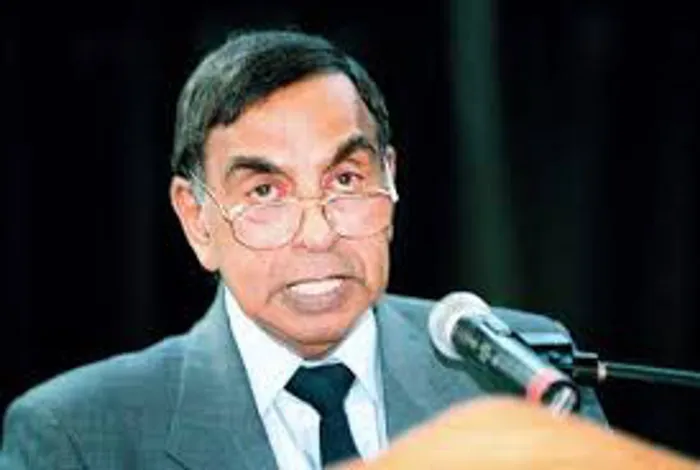Omar honoured as champion for justice

Dullah Omar Dullah Omar
Siyavuya Mzantsi
DEMOCRATIC South Africa’s first justice minister, the late Dullah Omar, was honoured at UWC last night when the institution unveiled the Dullah Omar Institute for Constitutional Law, Governance and Human Rights – formerly known as the Community Law Centre.
The unveiling followed the annual Dullah Omar Memorial Lecture, which was delivered yesterday by Justice and Correctional Services Minister Michael Masutha.
In his address, Masutha said transformation of the legal profession and the judiciary was needed to address the racial and gender imbalances with a view to establishing a justice system suited to the democratic order.
He said statistics provided by the General Council of the Bar of South Africa indicated that there were about 645 women out of a pool of 2 571 practising advocates.
“Dullah Omar’s work speaks volumes of the steps he has taken towards ensuring that access to justice becomes a reality for all people of South Africa.
“He left behind, not only a better justice system than the one he was born into, but a credible compass that guides us to the destiny envisioned by the National Development Plan, of a prosperous, equal and crime-free society,” Masutha said.
He said it was fitting that a milestone characterising the “long road to freedom” and the establishment of the Community Law Centre, 25 years ago was added.
“It is also fitting that the Community Law Centre’s name will be changed in a way which will properly recognise the tremendous contribution which Comrade Dullah Omar made to the liberation of our country, the development of our constitution, and the transformation of our legal and judicial system,” he said.
Director of the Dullah Omar Institute Professor Jaap de Visser said: “Dullah Omar founded the Community Law Centre in 1990 and the Centre was thrust into the centre of the negotiations for a democratic South Africa.”
He said the centre’s first staff members included Brigitte Mabandla (former justice minister) and Bulelani Ngcuka (former national director of public prosecutions), along with figures like Albie Sachs (retired judge).